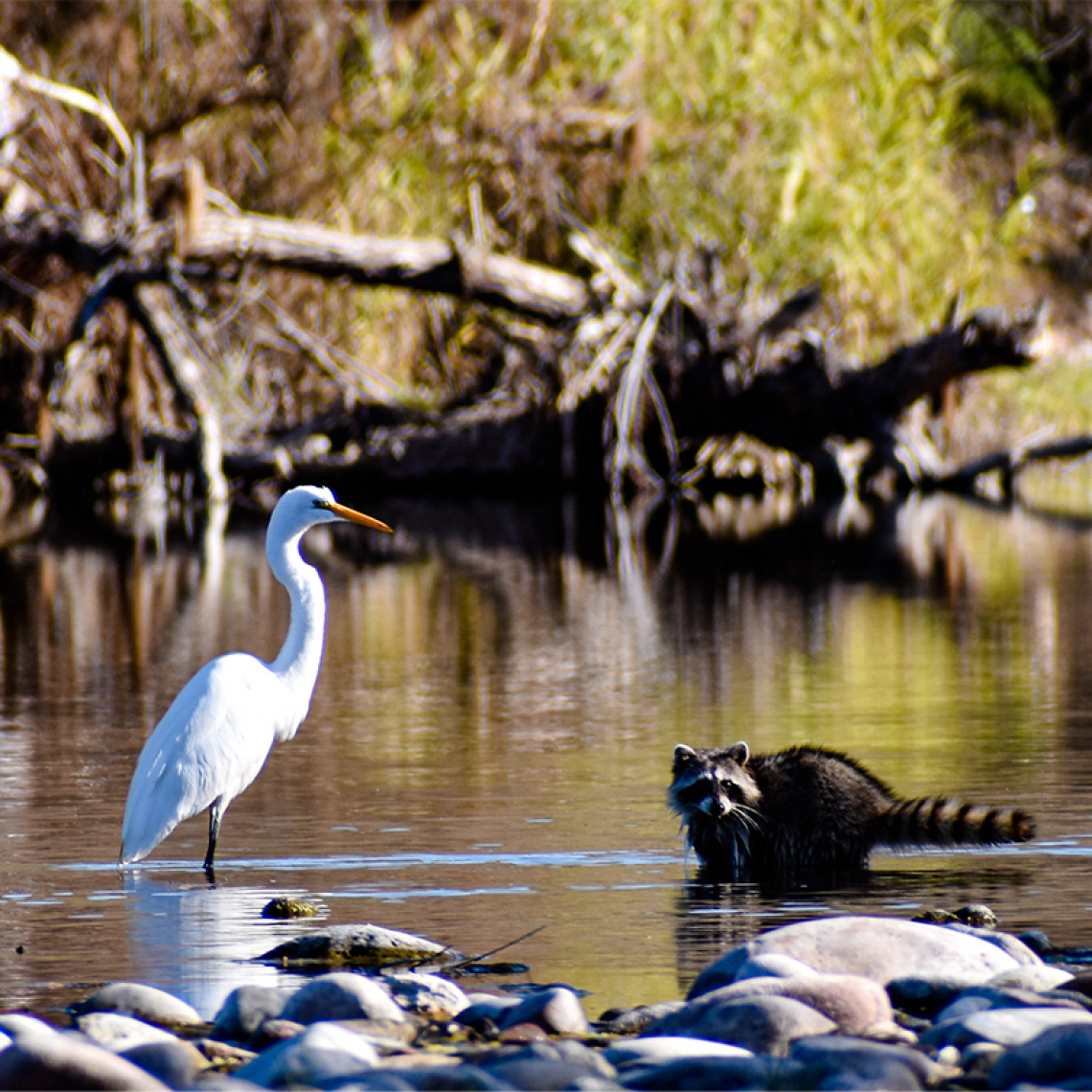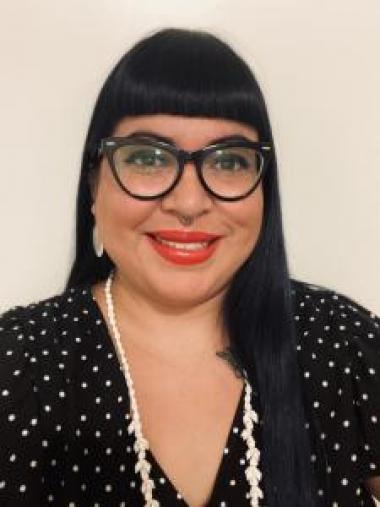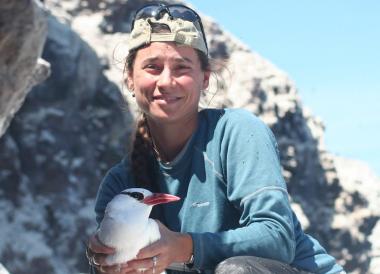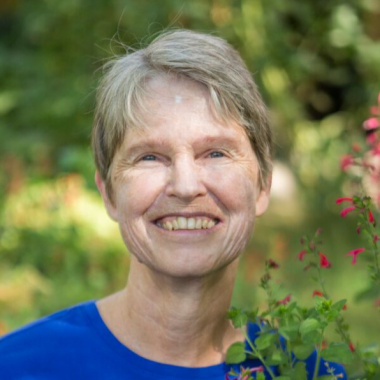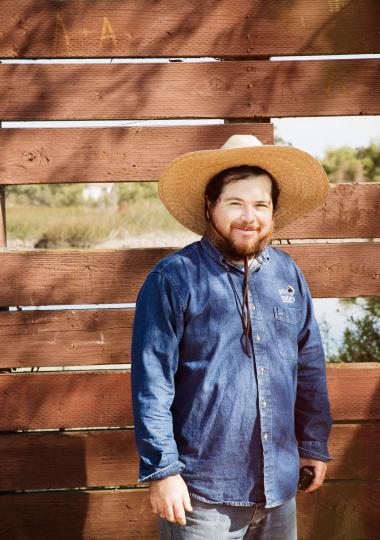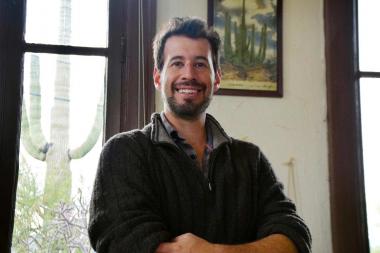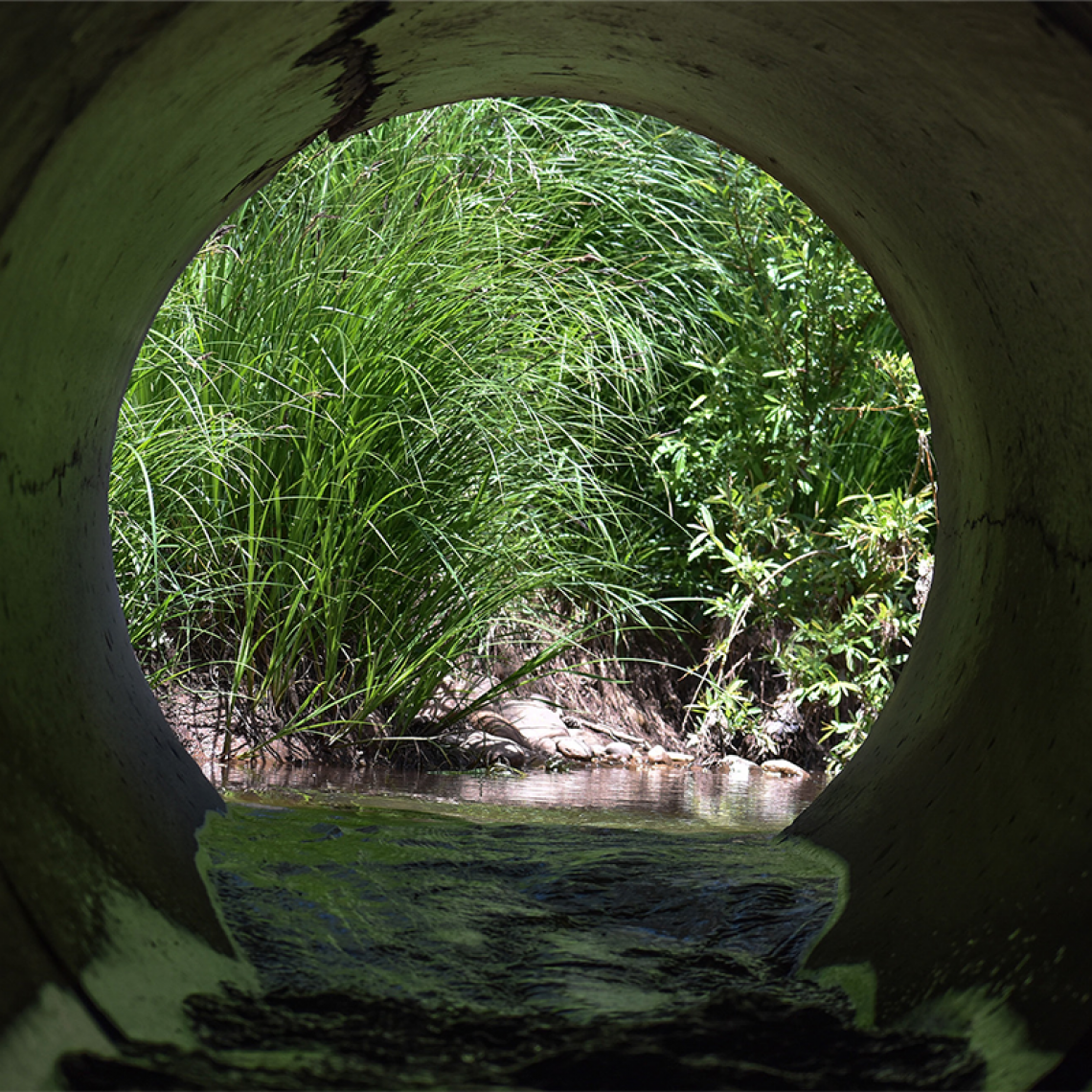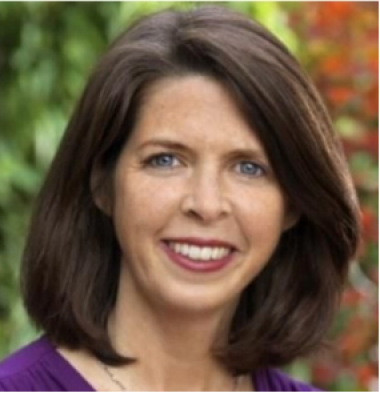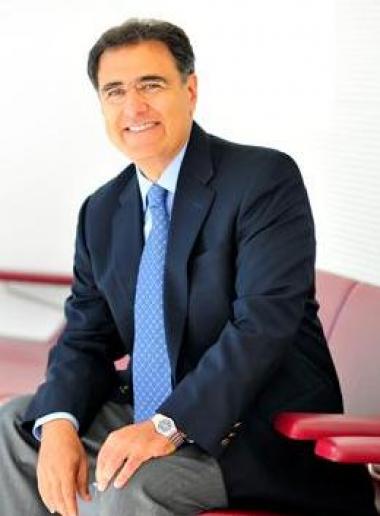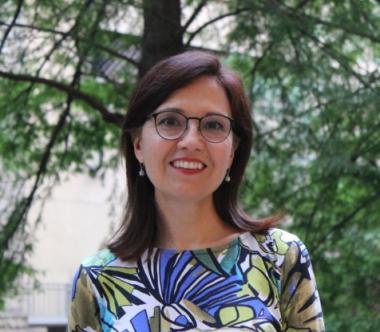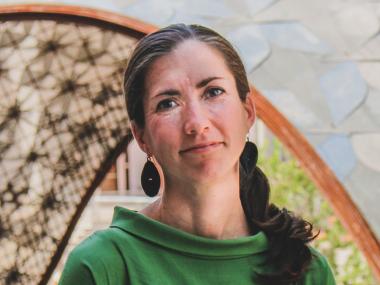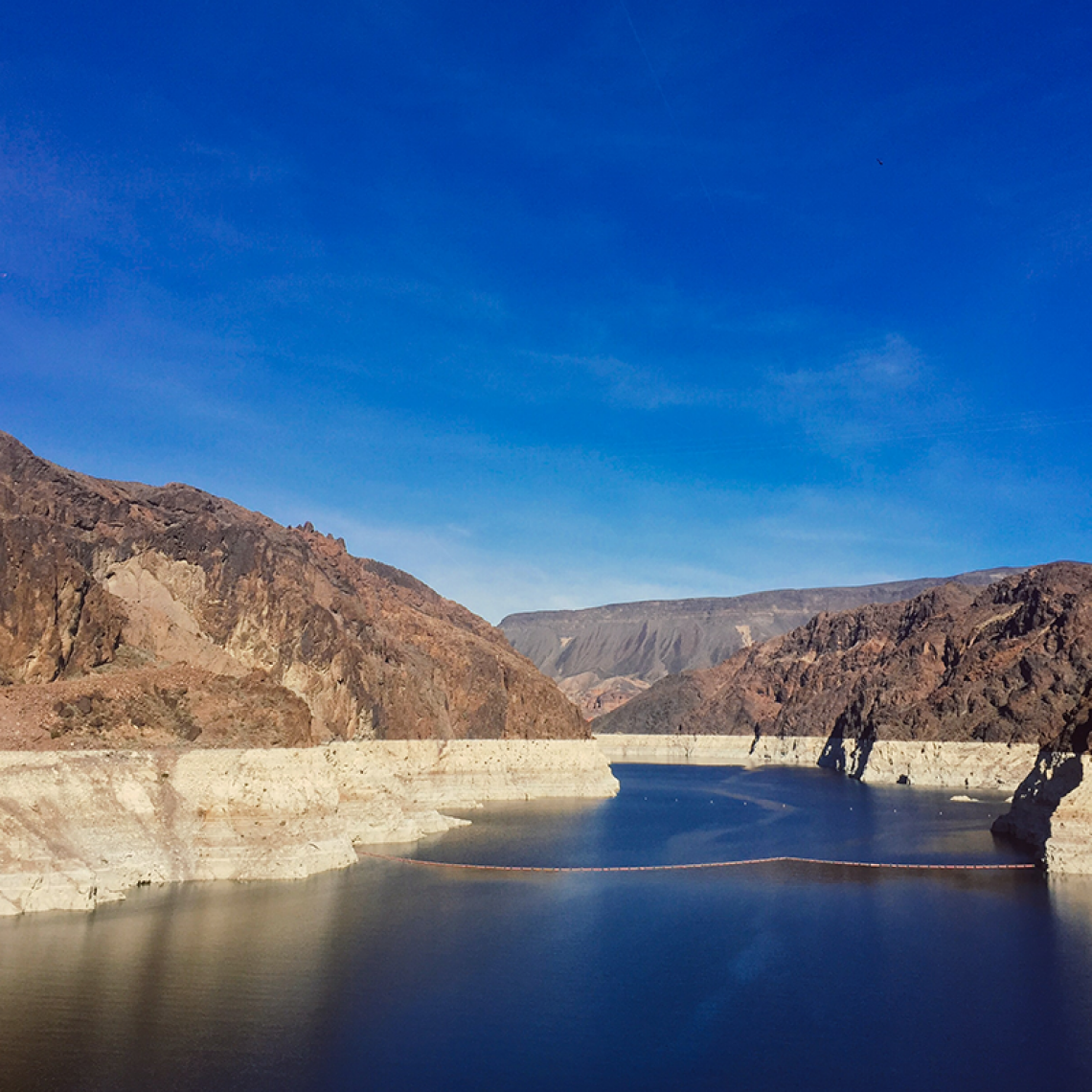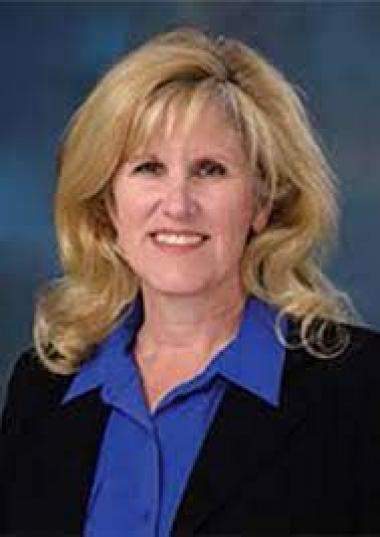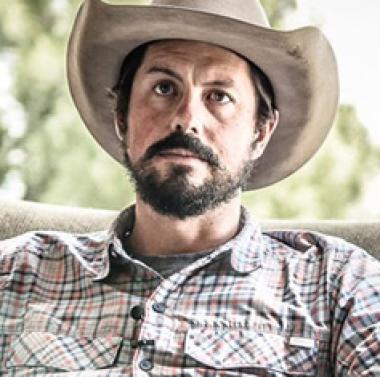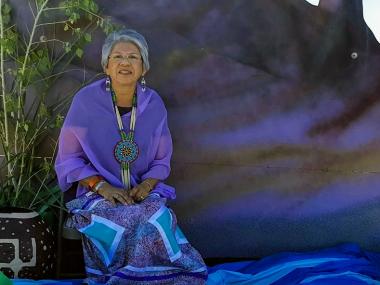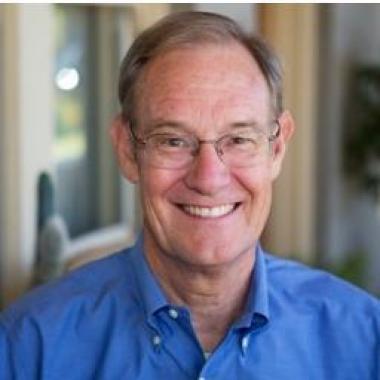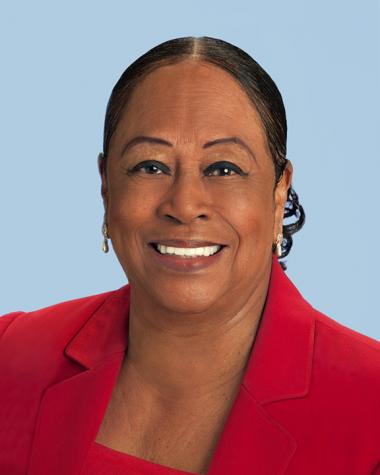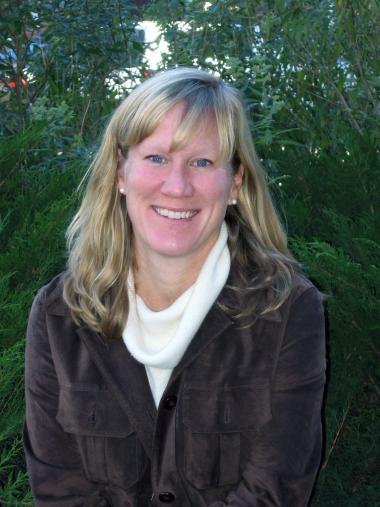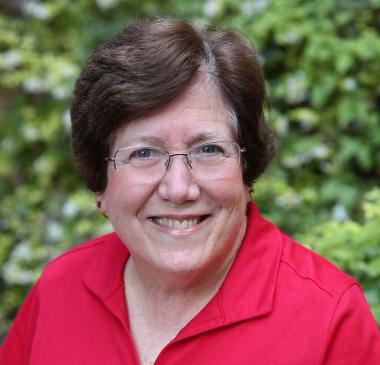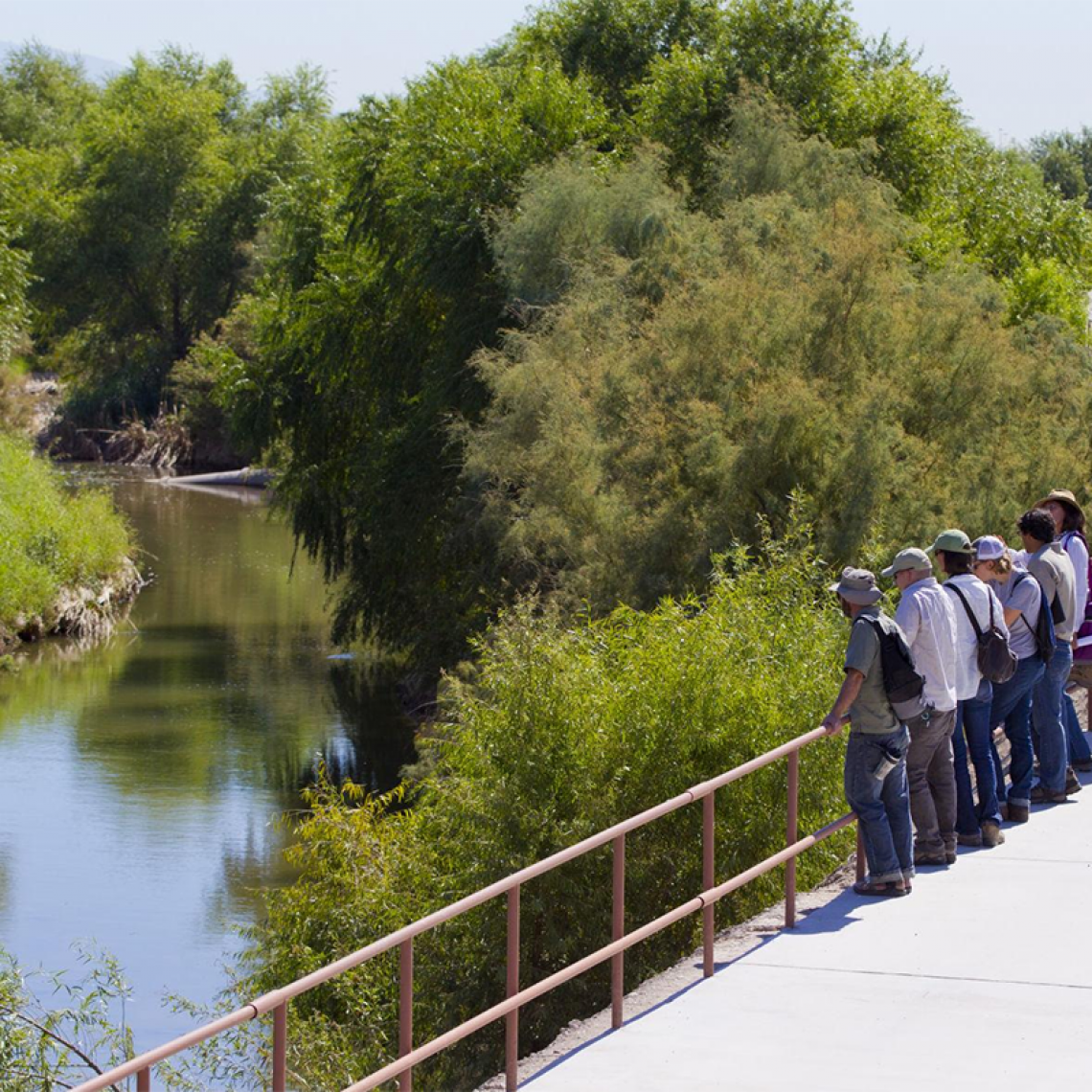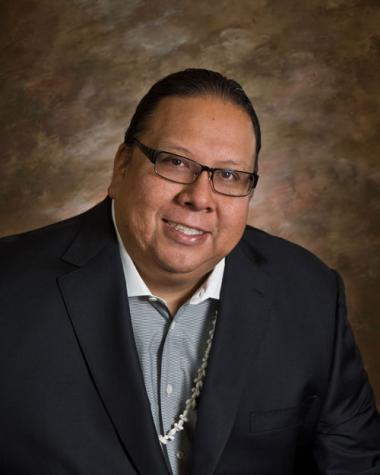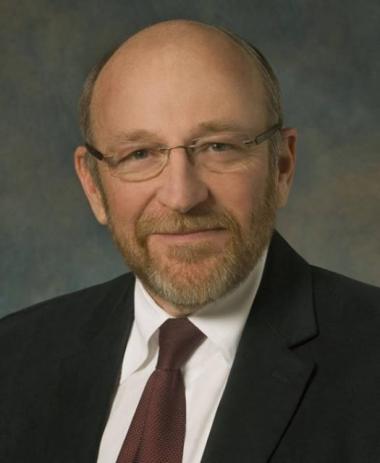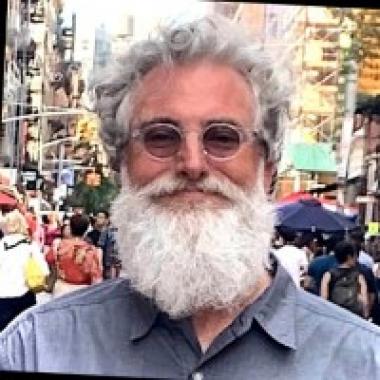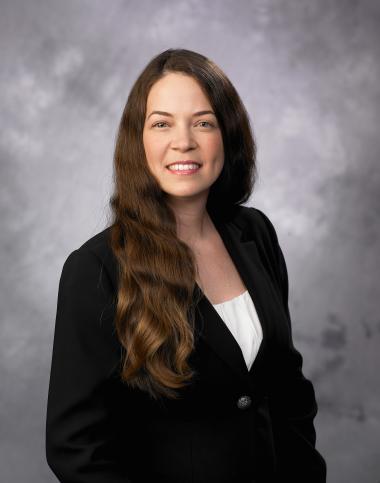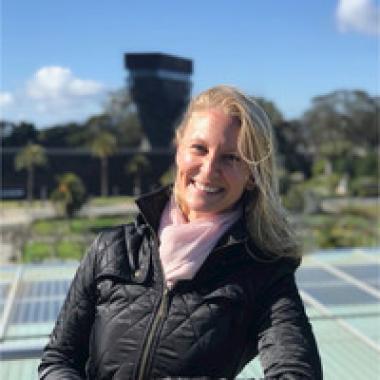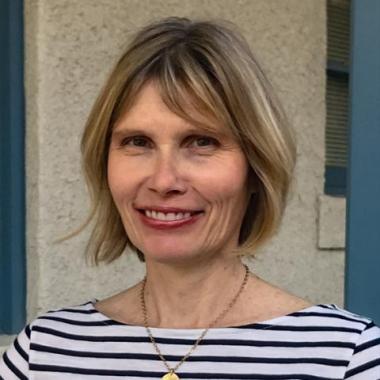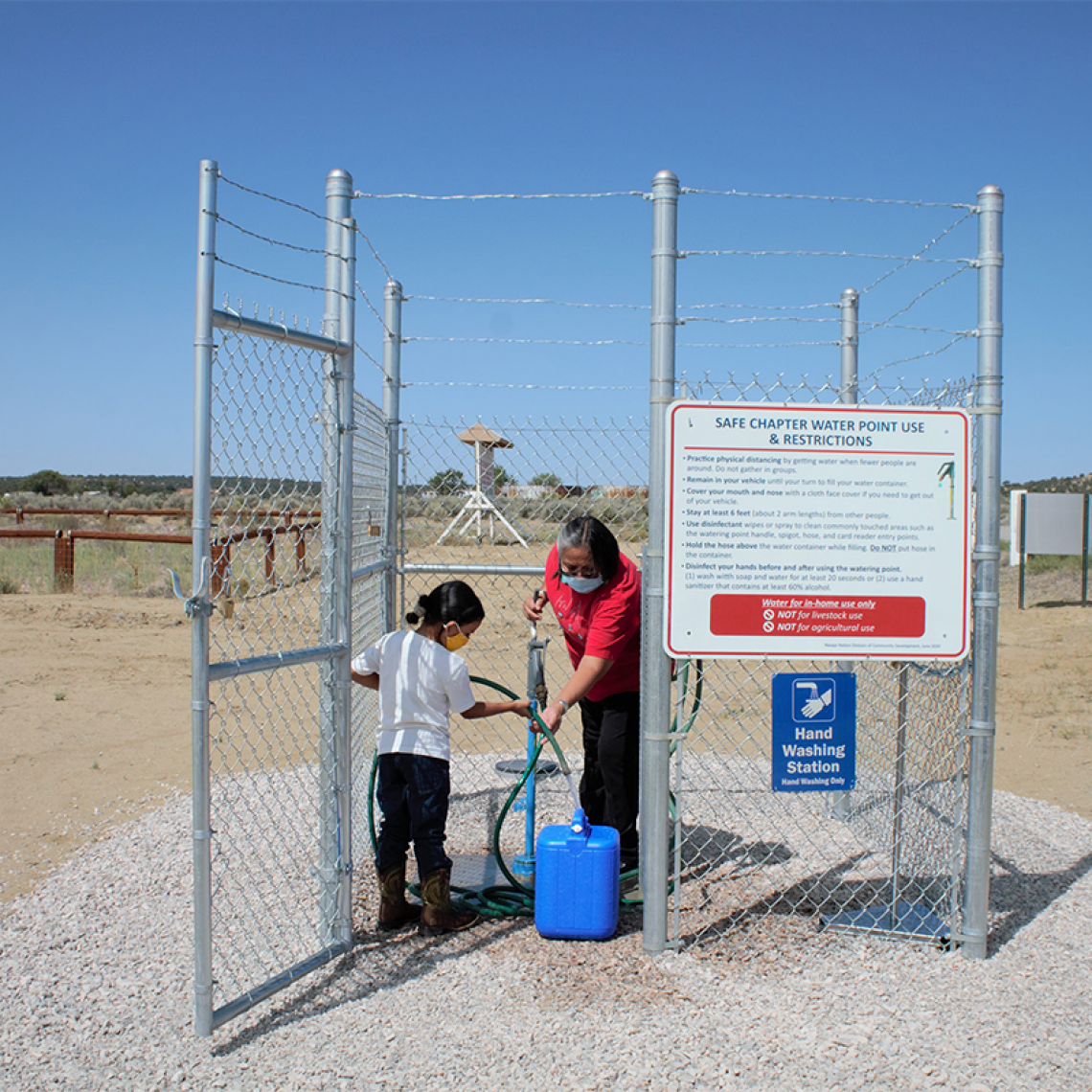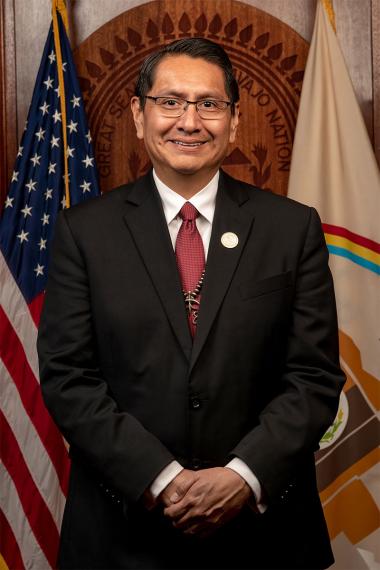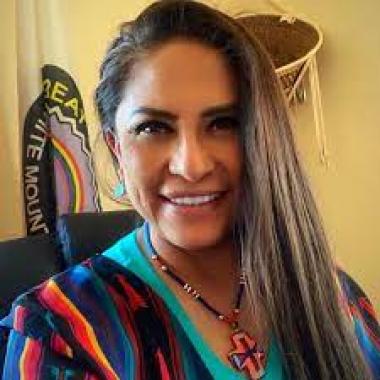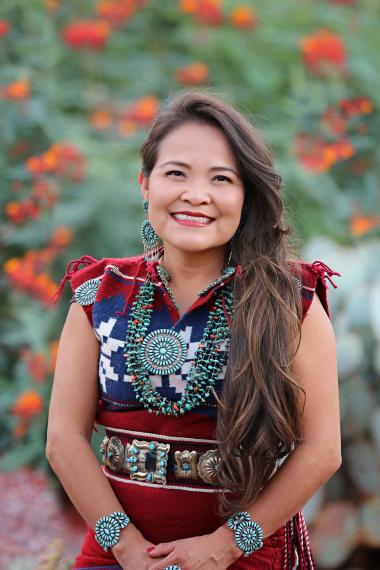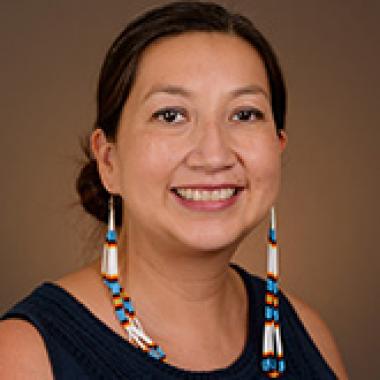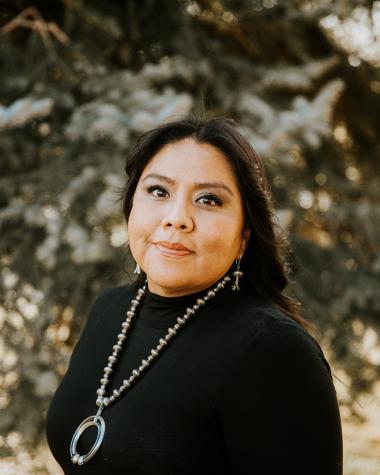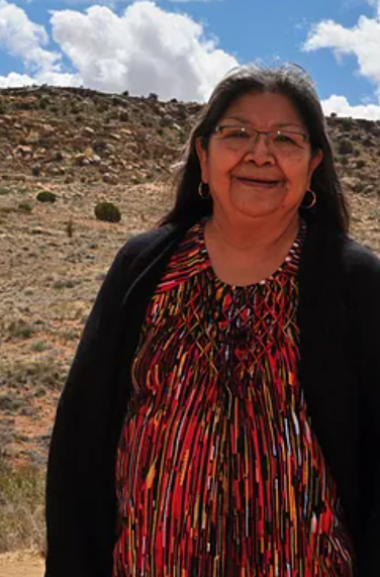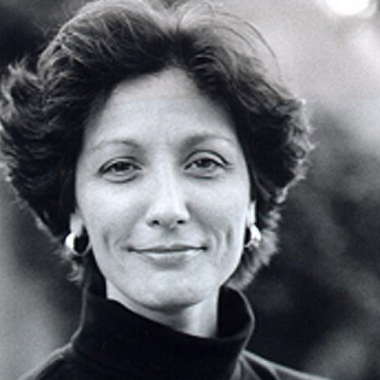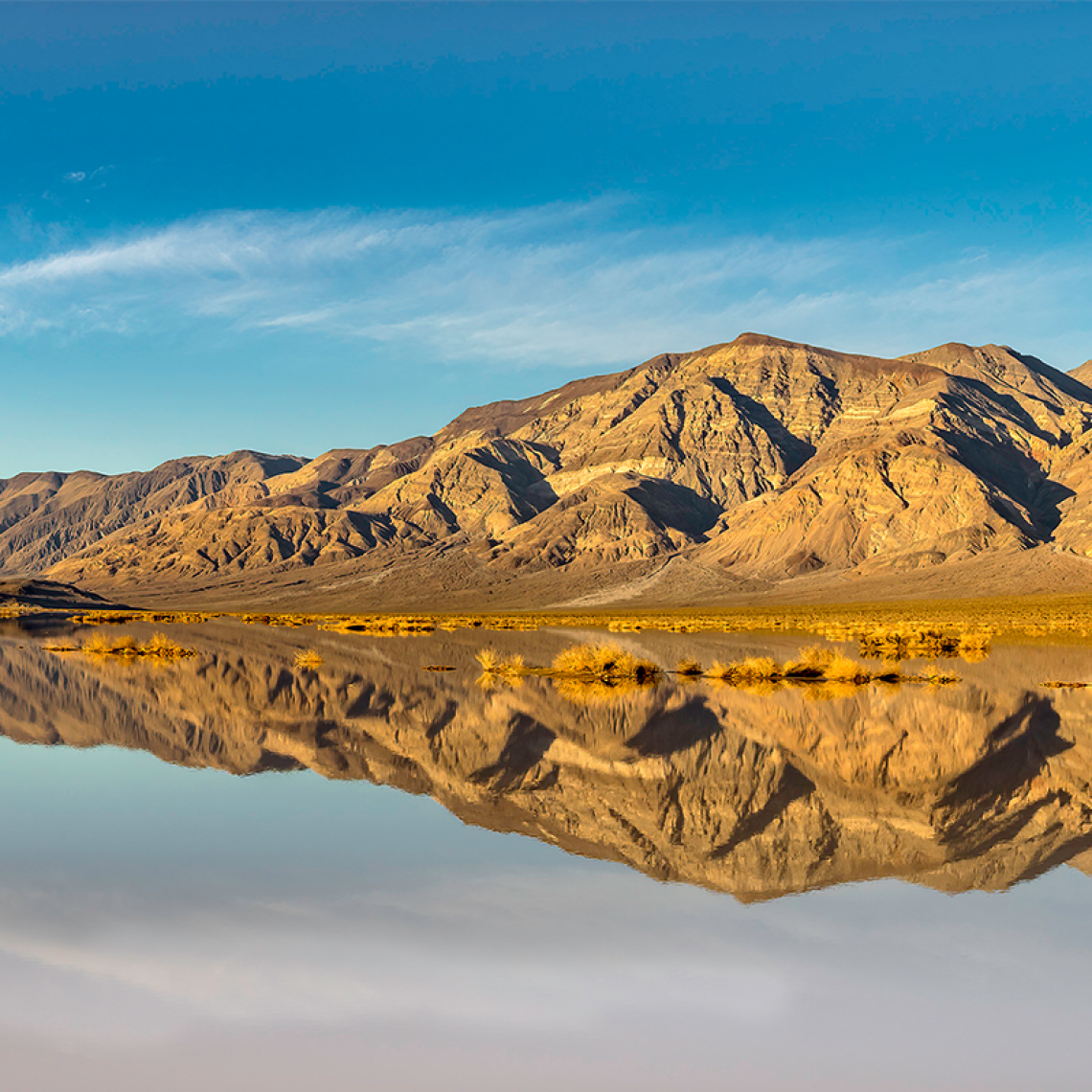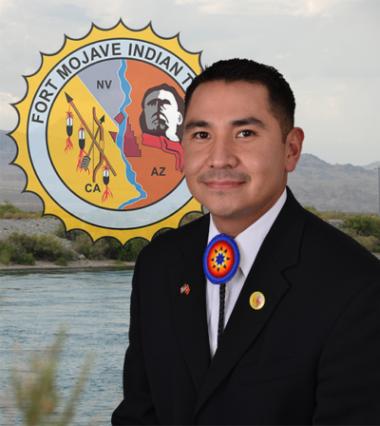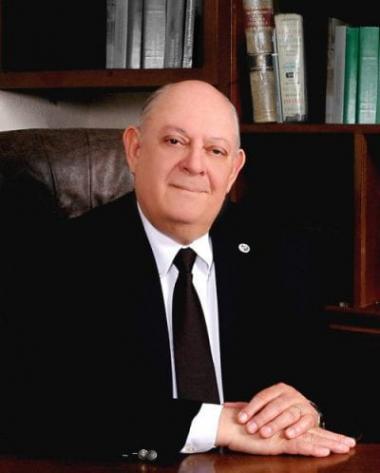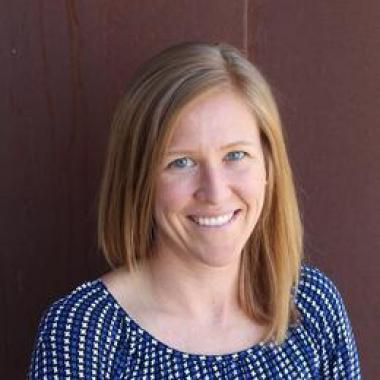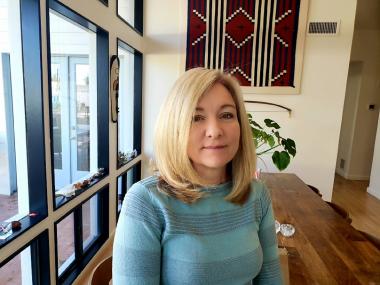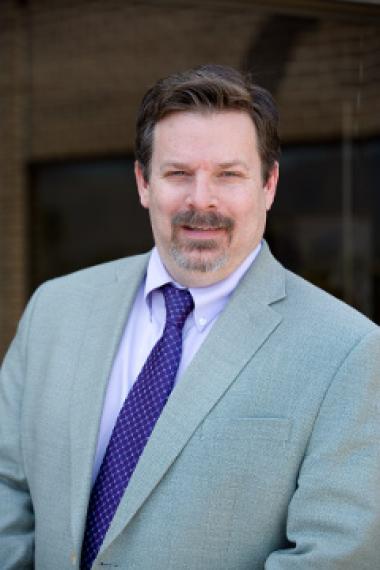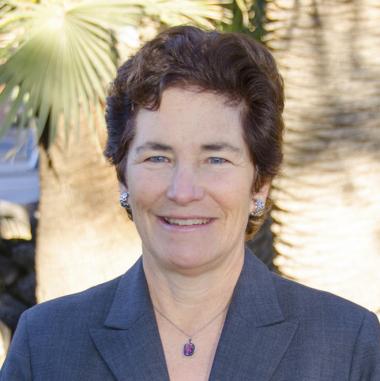Photo: "Perfect Reflection" by Adriana Greisman, Death Valley, 2017; WRRC Photo Contest 2020
A public webinar series presented by the Arizona Institute for Resilient Environments and Societies, the Udall Center for Studies in Public Policy, and the Water Resources Research Center.
Water is interwoven through every aspect of human activity, and is linked to a range of climate change impacts – droughts, intense rainstorms, floods, and sea level rise. A warmer world will bring increasing ecological, social, and economic challenges. What are the solutions? The University of Arizona, with a long history of excellence in water-related research and policy, is helping to build water-related resilience at multiple scales.
As conveners of conversations and leaders in finding innovative and collaborative solutions to the world’s most pressing water issues, the Arizona Institute for Resilient Environments and Societies (AIRES), the Udall Center for Studies in Public Policy, and the Water Resources Research Center are excited to host Water Solutions for Our Warmer World, a six-part public webinar series. We invite the community to engage with us in exploring regional water-related challenges and solutions.
This series is dedicated to the memory of Regents Professor Jim Shuttleworth, 1945-2020.
Watch the full spring series
Don't miss out on the presentations and discussions from the first three episodes of the Water Solutions for Our Warmer World series!
Fall 2021 Series
Episode 6: Biodiversity, Water, and Climate Change in the Southwest
Wednesday, November 17, 2021 from 4 to 5:30 PM
How does climate change intersect with biodiversity in the Southwest US? What lessons can be learned about the intersections of social and ecological systems? What are the solutions for riparian and water-dependent ecosystems?
Watch the Recording
Meet the Panelists
Jacelle Ramon-Sauberan is Tohono O'odham and from the San Xavier District. She is currently a Doctoral Candidate in American Indian Studies with a minor in Journalism and faculty in the Tohono O'odham Studies Program at Tohono O'odham Community College. Jacelle has served on the American Indian Studies Graduate Student Council as President and Vice President. She is currently a mentor for the Tohono O'odham Student Association at the University of Arizona. Lastly, Jacelle is an information specialist for AURA/NOIRLab, closely working with Kitt Peak National Observatory.
Jacelle is a two-time graduate of the American Indian Journalism Institute, Chips Quinn Scholars Program for Diversity in Journalism and the New York Times Student Journalism Institute. She has written for news publications in Arizona, New Mexico, Washington State, South Dakota, Oklahoma, Tennessee, Florida and New York. She was a freelance journalist for Indian Country Today Media Network from 2009-2017.
Jennie is a wildlife biologist and conservation social scientist who has spent her professional career working to build partnerships for bird and habitat conservation across the United States and northwest Mexico. She has directed environmental education programs, developed community-based conservation projects in the U.S.-Mexico border region, developed and taught courses and workshops on bird identification, ecotourism, and bird monitoring, and has studied species including Double-crested Cormorant and wading birds in Sonora and Yellow-billed Cuckoos in Arizona. Jennie has also worked with young birders for many years, directing field courses, summer camps, and conferences, and generally helping to connect young birders with opportunities and each other. Jennie received her B.S. in Wildlife Biology from Virginia Tech and her M.S. and Ph.D. from the University of Arizona’s School of Natural Resources and the Environment.
Julie Stromberg is a plant ecologist and botanist who specializes in riparian and wetland ecosystems. During her time at Arizona State University, she studied the ways in which human activities in arid regions influence riparian plant populations, communities, and landscapes. She focused on vegetation-hydrology interactions and conducted research at sites altered by river damming, ground water pumping, and effluent discharge. She also investigated factors relating to endangerment and recovery of imperiled wetland plant species. By revealing the links between patterns and processes, she provided resource managers with information that informs conservation and restoration efforts. In her retirement, she has become an avid gardener and proponent of green spaces in cities.
Osvel directs the Coastal Solutions Fellows Program at the Cornell Lab, with the main goal to build conservation capacity along the Pacific coast from Mexico to Chile for communities and shorebirds. Every year, the program grants a two-year fellowship to six stellar early-career professionals in Latin America working in multidisciplinary collaborative projects to generate solutions to the main environmental threats in this region.
Osvel has been working in conservation and research projects in northwestern Mexico since 1997, in particular in coastal and riparian areas of the Sonoran Desert. Some of his recent activities include the evaluation and recovery of protected species, the implementation of community-based restoration projects, and the creation of partnerships with governments and stakeholders for the conservation of nature. For 18 years, Osvel worked with Pronatura Noroeste (a non-profit environmental organization in Mexico) to restore the Colorado River delta, including the recovery of river flows and the facilitation of binational negotiations between Mexico and the US for the sustainability of the Colorado River Basin.
Ben’s research is broadly focused on desert ecology, botany, and biogeography. He utilizes multiple approaches and time scales to establish baselines to better understand modern biodiversity and connect science to conservation. Since October 2016 he has been director of the Desert Laboratory on Tumamoc Hill. He increasingly values the incorporation of diverse perspectives and the powerful results made possible via collaboration. In his role as director of the Next Generation Sonoran Desert Researchers (N-Gen), Ben strives to create opportunities for collaboration across borders and disciplines and a more holistic understanding and appreciation for the Sonoran Desert.
Episode 5: Water and Infrastructure: Building for the Future
Wednesday, October 20, 2021 from 4 to 5:30 PM
What infrastructure solutions can work at multiple scales? What research, processes and solutions are needed to enhance resilience? What is the role of green infrastructure?
Watch the Recording
Meet the Panelists
Cathleen Kelly is a senior fellow for Energy and Environment at the Center for American Progress. She specializes in U.S. and international climate mitigation, preparedness, resilience, justice, and sustainable development policy. Cathleen co-leads the Equitable and Justice National Climate Forum and Platform, in partnership with environmental justice advocates and national environmental groups. Cathleen served in the Obama administration at the White House Council on Environmental Quality, where she led a 20-plus-agency task force to develop a national climate resilience strategy. This strategy helped form the basis of the climate-preparedness pillar of President Barack Obama’s Climate Action Plan. She also helped formulate the Obama administration’s positions on international sustainable development and climate policy issues. Previously, Cathleen directed the Climate & Energy Program at The German Marshall Fund of the United States, where she led a highly acclaimed paper series and events on climate and clean energy policy that drew the world’s top energy and climate policy players. She also held policy director and senior policy adviser positions at The Nature Conservancy and the Center for Clean Air Policy and was a professor of international and environmental policy at the Johns Hopkins University Paul H. Nitze School of Advanced International Studies, or SAIS. Cathleen is an internationally recognized climate policy expert and a regular adviser to U.S. and European officials on environmental policy issues. She is a prize-winning graduate of SAIS, where she earned a master of arts in international relations and energy and environmental policy.
Dr. Bilal Ayyub’s main research interests are risk, uncertainty, expert opinion elicitation, and decision analysis, and systems engineering applied to infrastructure, naval, energy, defense and maritime fields. They include resilience, sustainability, climate change, reliability-based design, and risk-informed planning and decision making covering many aspects of project lifecycles and portfolios, such as life expectancy assessment of structural systems, risk-informed inspection, bidding strategies, project execution risk, project life management, operational risk, risk management including risk transfer and risk finance, and liability and exposure analysis. Bilal is a Distinguished Member of the American Society of Civil Engineers (ASCE), an Honorary Member of the American Society of Mechanical Engineers (ASME), and a fellow of the Structural Engineering Institute (SEI), Society of Naval Architects and Marine Engineers (SNAME) and the Society for Risk Analysis (SRA). Bilal completed many research and development projects for governmental and private entities. Bilal is the recipient of several awards from ASCE, ASNE, ASME, NAFIPS, the Department of the Army, and the Governor of the State of Maryland. He is also the author and co-author of more than 650 publications (including 8 textbooks and 14 edited books) in journals, conference proceedings, and reports.
Located in Los Angeles, the anchor office on the West Coast, David leads a diverse team that offers innovative, integrated design engineering and strategic consultancy services to the region’s world-renowned design community. David has significant experience in high performance building design and sustainable master planning of public buildings across the U.S. and globally, combined with a growing portfolio of strategic consulting in climate action planning, resilience and vulnerability planning.
David believes in achieving successful design through influencing the architectural language, form, function and fabric of a building, landscape or master plan to minimize environmental impacts of energy, water, material, and waste. Over a nearly 30-year career, David’s highly collaborative approach and distinct leadership skills have enabled his teams to achieve the highest levels of sustainability with unique innovative engineering solutions, tailored to each project’s unique challenges.
He recently led the California team in the delivery of Santa Monica City Hall East, a highly sustainable net zero energy and net zero water building that is on track to be the largest Living Building Challenge certified project for a municipality in the world. The project is the first in California to feature composting toilets and to convert rainwater to potable water. David also led the Los Angeles Countywide Sustainability Plan – the first countywide sustainability plan for the 88 cities and nearly 11 million residents of Los Angeles County which seeks to balance the environment, equity, and the economy.
Dr. Adriana Zuniga works as an Assistant Research Scientist at the University of Arizona’s Udall Center for Studies in Public Policy and the School of Landscape Architecture and Planning. With a background in architecture and expertise in neighborhood design, Dr. Zuniga combines knowledge-building with problem-solving of real-world challenges in her research projects. Dr. Zuniga works with stakeholders and community partners to answer questions related to water security, urban resilience, and environmental justice, by focusing on greenspace/green infrastructure across the urban-rural continuum. She teaches sustainability-related courses to future built environment professionals. Dr. Zuniga’s scholarly work is demonstrated in 50+ publications and she has presented her research in 70+ public presentations in many countries around the world (U.S., Canada, Mexico, Argentina, Peru, France, Zambia, and India). Her work has attracted the attention of the media and has been featured in 20+ media outlets. She has received 15+ awards/distinctions, including the 2018 Best Paper Award for Water International.
Adriana is originally from Monterrey, Mexico. She did her undergraduate studies on architecture at the Monterrey Institute of Technology and Higher Education (ITESM) in Monterrey. She worked as an architectural designer in Mexico for several years. She holds two advanced degrees from the University of Arizona: a master of architecture degree with a concentration in design and energy conservation, and a doctoral degree in arid lands resource sciences with a minor in global change.
Courtney Crosson is a licensed architect and assistant professor at the University of Arizona, where she teaches classes on water in the built environment and community outreach studios. These studios, funded by the city, county or private practice, tackle critical issues in urban sustainability. Through exhibitions, books, presentations, workshops and even board games, the design work seeks to go beyond the studio and engage citizens and governments in solutions for their cities. Several of the designs produced in her studios have received public funding to be constructed. Her current research advances decentralized water systems to address pressing problems facing cities—whether water scarcity in the U.S. Southwest or safe and affordable water access in informal settlements in Nairobi, Kenya. Her work has been published in peer-reviewed journals in architecture, engineering and planning.
She has won numerous awards for her teaching, outreach and research. Most notably, she received the Association for Environmental Studies and Sciences (AESS) national President’s Award for Educational and Environmental Collaboration and Excellence in 2017 and the Association for Collegiate Schools of Architecture (ACSA) / American Institute of Architects (AIA) national Practice and Leadership Award in 2018. She is currently serving an elected three-year term on the national board of the ACSA as a director at-large. She served on the AIA Los Angeles Board from 2013-2015. Crosson holds a Master of Architecture from Yale University and an Art History BA from Duke University.
Episode 4: Drought in the Colorado River Basin
Wednesday, September 22, 2021 from 4-5:30 PM
How are important reservoir management decisions for the Colorado River Basin impacted by a decades-long drought? How will drought-related conditions factor into anticipated discussions of new management guidelines?
Watch the Recording
Meet the Panelists
Leslie A. Meyers is the Area Manager for the Phoenix Area Office of the U.S. Department of Interior's Bureau of Reclamation. At Reclamation, Leslie began her career in Operations, writing and negotiating operating agreements for Roosevelt Dam and the Central Arizona Project facilities. Additionally, she has managed Reclamation's outreach programs including planning, accessibility, drought, and water conservation. As the Area Manager, Leslie is very active in the oversight of the Reclamation's projects in Arizona, the Salt River Project and the Central Arizona Project, and in statewide water resource issues with a wide range of constituents ranging from Native American Tribes to Agricultural and Municipal water users. These efforts include water conservation and reuse, water quality and desalination, water sufficiency, and water development.
Leslie has a Bachelor of Science Degree in Civil Engineering, with an emphasis in Water Resources and Environmental Engineering, from Texas A&M University and is a registered professional Civil Engineer in the state of Arizona.
Paul is a member of the Colorado River Basin Roundtable and the Interbasin Compact Committee. He also chairs Grand County’s Open Lands, Rivers and Trails Advisory Committee and is a member of the Colorado Water Trust Board. Extensive interpersonal partnership building among local agriculture, local government, water providers, and conservation groups led to the Colorado River Headwaters Project. The stated goal of this project is to “sustain agriculture and the environmental health of the river.”
Amelia Flores is the elected chairwoman of the Colorado River Indian Tribes (CRIT), whose reservation is located along the border of Arizona and California. As chairman of the Council, she oversees all aspects of the tribal government and is active in water issues and irrigation-related activities. She served on the CRIT Tribal Council for 8 years as a council member and as secretary for three 2‐year terms. She was also the library archivist and director for 29 years. She has a bachelor of science in early education and a master’s degree in linguistics.
Terry Goddard was elected to his second full term on the CAWCD Board of Directors on November 6, 2018, to represent Maricopa County until December 31, 2024. Mr. Goddard also previously served as a member of the CAWCD Board from 2001 through 2002. He is currently serving as Board President, and previously served one term as Board Vice President.
Mr. Goddard is an attorney with Goddard Law Office PLC. He served as Mayor of Phoenix from 1984-1990 and was the Arizona Attorney General from 2003-2011. Mr. Goddard earned a BA from Harvard and a law degree from Arizona State University College of Law.
Gloria D. Gray was elected to the West Basin Municipal Water District (West Basin) Board of Directors in 2006 and is the first African-American woman elected to the Board. She represents Inglewood and the unincorporated Los Angeles County areas of Lennox, South Ladera Heights, West Athens and Westmont.
Gray was appointed to the Metropolitan Water District of Southern California (MWD) Board of Directors in 2009 to serve as one of two West Basin representatives. In 2018, she was elected Chair of the MWD Board and was unanimously re-elected in 2020, where she is currently serving her second two-year term. Gray is the second woman and first person of color to serve as Chair of the MWD Board, the first African-American woman to serve as Vice-Chair, the first African-American woman to chair a Board meeting. She earned her Bachelor of Science in Business Administration at the University of Redlands, and her Health Services Management Certificate from the University of California Los Angeles. She retired as a Health Care Administrator from the Los Angeles County Department of Health Services and has received a wide array of honors for her work.
Taylor Hawes serves as the Colorado River Program Director for The Nature Conservancy. The Program’s goal is to conserve the freshwater biodiversity of the Colorado River Basin while also meeting human demands for water. Her responsibilities include coordinating TNC’s freshwater conservation efforts across the Colorado River Basin, synthesizing priority strategies, working with key stakeholders who are critical to conservation success across the Colorado River Basin and fundraising. Taylor has worked on Colorado River issues for more than twenty-four years. She previously served as Associate Counsel to the Colorado River Water Conservation District in Glenwood Springs, working on water quality, water policy, environmental permitting, and water rights litigation. Prior to her work at the Colorado River District, she represented local governments in the headwater counties of the Colorado River on water rights, water quality, water supply planning, and land use issues. She holds a Bachelor of Arts degree in political science from the University of North Carolina at Chapel Hill and Juris Doctorate degree from Vermont Law School.
Sharon B. Megdal, Ph.D. is Director of The University of Arizona Water Resources Research Center (WRRC), a Cooperative Extension center and a research unit in the College of Agriculture and Life Sciences. Her work focuses on water policy and management, on which she writes and frequently speaks. Other primary titles are Professor and Specialist in the Department of Environmental Science, C.W. & Modene Neely Endowed Professor, and Distinguished Outreach Professor.
The geographic scope of Dr. Megdal’s work ranges from local to international. Projects include comparative evaluation of water management, policy, and governance in water-scarce regions, groundwater recharge, and transboundary aquifer assessment. She is the lead editor of the book, Shared Borders, Shared Waters: Israeli-Palestinian and Colorado River Basin Water Challenges and she has guest edited several journal issues. Her policy columns and Reflections essays can be found at https://wrrc.arizona.edu/director. Dr. Megdal teaches the multi-disciplinary graduate course “Water Policy in Arizona and Semi-arid Regions”. In 2020, she was awarded the Warren A. Hall Medal for lifetime achievement in water resources research and education by the Universities Council on Water Resources.
Sharon Megdal serves as Board President, International Arid Lands Consortium and Board Member, American Water Resources Association. She is also an ex officio member of the Leadership Team for the Colorado River Basin Water & Tribes Initiative. From 2009 through 2020, she represented the residents of Pima County on the elected Board of Directors for the Central Arizona Water Conservation District, also known as the Central Arizona Project (CAP), serving as Board Secretary from 2016 through 2020. Dr. Megdal has served on numerous Arizona boards and commissions, including the Arizona Corporation Commission, the State Transportation Board, and the Arizona Medical Board. She holds a Ph.D. degree in Economics from Princeton University.
This series is dedicated to the memory of Regents Professor Jim Shuttleworth, 1945-2020.
William James Shuttleworth was an Emeritus Regents Professor of Hydrology and Atmospheric Sciences at the University of Arizona. “Jim,” as he was affectionately called by all those who knew him, passed away on December 20, 2020, at the age of 75.
Jim was a pioneer and leading expert in global hydrology, hydrometeorology, and climatology. At UArizona, he served as the second director of the NSF Science and Technology Center for Sustainability of Semi-Arid Hydrology and Riparian Areas (SAHRA), from 2004 to 2008. He was a longtime supporter of the predecessor to the Institute of the Environment (IE), now AIR, and served as the chair of the advisory board for IE. He was a world-renowned hydroclimate expert and universally respected by his colleagues.
Jim’s research focused on how climate change is affected by land surfaces, and he was particularly interested in the effects of global climate change caused by deforestation in the Amazon basin and desert formation in Africa. He received many international recognitions, and notably was awarded the International Hydrology Prize in 2006. Just before retiring, Jim published “Terrestrial Hydrometeorology,” widely considered to be the definitive textbook on the subject.
Spring 2021 Series
Episode 3: The Realities of Adaptation in the Water Sector
Wednesday, May 19, 2021 from 4 to 5:30 PM
Moderated by Andrea K. Gerlak, Professor in the School of Geography, Development & Environment
How is adaptation unfolding in the water sector? What is the role of knowledge, governance and equity in adaptation? How can adaptation activities be scaled up to address the challenges ahead?
Watch the Recording
Meet the Panelists
Governor Stephen Roe Lewis was raised in Sacaton, “Gu-u-Ki”, on the Gila River Indian Community. He currently oversees the implementation of the Community’s Water Settlement of 2004 (the largest water settlement of its kind in United States history). Governor Lewis advocates for renewable and green technologies guided by O'otham agricultural history and cultural teachings. Governor Lewis’s vision is to support a new generation of Community member agriculturalists with the goal of promoting and protecting the Community's shudag (water) and agricultural development for future generations.
Lester A. Snow, the mastermind behind countless water resources management projects, has been involved in water issues in Arizona and California, and served in both the public and private sectors and on regional, state and federal levels of government. In the timeline of his career, Snow was the general manager of the San Diego County Water Authority, the executive director of the CALFED Bay-Delta Program, a regional director of the U.S. Bureau of Reclamation, the director of the California Department of Water Resources, and secretary of the California Natural Resources Agency. After government work, he has served in numerous capacities including as a board member advising on restoration of the Klamath River.
Jeff Arnold works on the technical and science-policy concerns of climate change for water-resource applications. He directs the Army Engineer national climate change program and leads the agency’s integration of climate change mitigation with climate adaptation. He was formerly the interagency co-lead for adaptation within the US Global Change Research Program, and has been a lead author for national and international climate change assessments. Jeff’s work helps policy makers understand climate change impacts and characterize future uncertainties so that they can continue managing for water and energy security under conditions of uncertain future change.
Colby Pellegrino is Deputy General Manager of Resources for the Las Vegas Valley Water District and the Southern Nevada Water Authority (SNWA), which collectively serve more than 2 million residents and 40 million annual visitors in Southern Nevada. Pellegrino joined the organization in 2003 and was an instrumental part of the Water Resources division where she supported Colorado River modeling efforts to anticipate changes caused by climate change, reduced flows and other inputs. In her current capacity, Pellegrino is responsible for the management of the SNWA’s water resource portfolio, which includes protecting Nevada’s interests and rights to Colorado River water through interstate negotiations, developing regional water conservation programs, managing groundwater resources, and water resource planning. She also serves on the Board of Alliance for Water Efficiency, a nonprofit organization dedicated to the efficient and sustainable use of water and water conservation advocacy throughout North America.
Emily Wasley leads the Corporate Climate Risk and Resilience practice for WSP USA. She partners with publicly traded and privately held companies to identify, assess, manage, and report the various risks and opportunities associated with the physical risks of climate change and the transition to a low carbon economy consistent with the guidance provided by the Task Force on Climate-related Financial Disclosures (TCFD). She also serves as a west coast Future ReadyTM Advisor for WSP USA and is the President of the American Society of Adaptation Professionals (ASAP).
Dr. Gerlak’s research examines the causes of—and innovative solutions to—some of our world’s most pressing environmental challenges, focusing in particular on water and public policy. Broadly speaking, she is interested in how we can better design institutions to promote adaptive, flexible policies to improve human and ecosystem well-being and produce fair and equitable decisions. Dr. Gerlak is also the acting director of the Udall Center for Studies in Public Policy. The Udall Center is a co-sponsor of the “Water Solutions for our Warmer World” series.
Resources and References for Episode 3
Climate change demands reorganizing California policies and institutions, a commentary developed by Lester Snow in response to the Episode 3 panel discussion.
Episode 2: Water and COVID-19 in Indian Country
Wednesday, April 21, 2021 from 4 to 5:30 PM
Moderated by Toni Massaro, Interim Director of the Agnese Nelms Haury Program in Environment and Social Justice
How has COVID-19 exacerbated water challenges in Indian country? What are the challenges Tribes are experiencing? How are solutions and partnerships addressing these challenges?
Watch the Recording
Meet the Panelists
Jonathan Nez was born in Tuba City, Arizona and raised in Shonto, Arizona. Nez began his public service after being elected as Shonto Chapter Vice President. He was later elected to serve three terms as a Navajo Nation Council Delegate, representing the chapters of Shonto, Oljato, Tsah Bi Kin, and Navajo Mountain. He was also elected as a Navajo County Supervisor for District 1 and served two terms. In 2015, Nez was elected Navajo Nation Vice President.
President Nez is currently a doctoral student in political science and works on issues of local empowerment and mobilizing local communities of the Navajo Nation and enhancing the local sovereignty of the chapter areas. He is an alumnus of Northland Pioneer College and Northern Arizona University. He earned a bachelor's degree in political science and a master's degree in public administration from NAU.
For more information or to contact President Nez:
Visit the Navajo Nation Office of the President webpage
Email jonathannez@navajo-nsn.gov
Chairwoman Gatewood’s family is from Cibecue, AZ. She is the youngest of 11 siblings. She is of the Nilchi’lentin Clan, born for the Tse’kine Clan. When she was sworn in as Chairwoman in 2018, she was the first-ever female elected to the position, the highest office of the Tribe. She is a graduate of Show Low High School and Northern Arizona University. The White Mountain Apache Tribe includes approximately 16,000 Tribal members. The majority of the population lives in and around Whiteriver, the seat of Tribal government, with others residing in the communities of Cibecue, Carrizo, Cedar Creek, Forestdale, Hon-Dah, McNary, East Fork, and Seven Mile. The reservation consists of 1.67 million acres (over 2,600 square miles) in east-central Arizona. It ranges in elevation from 2,600 feet in the Salt River Canyon on the southwest corner of the reservation to over 11,400 feet at the top of Mount Baldy, one of our sacred peaks.
For more information or to contact Chairwoman Lee-Gatewood:
Visit the White Mountain Apache Leaders webpage
Email contactus@wmat.us or gwendena@wmat.us
Dr. Karletta Chief (Diné) is an Associate Professor and Extension Specialist in the Department of Environmental Science at the University of Arizona. As an Extension Specialist, she works to bring relevant water science to Native American communities in a culturally sensitive manner. Two of her primary tribal projects are The Pyramid Lake Paiute Tribe Climate Adaptation and Traditional Knowledge Project and Gold King Mine Spill Diné Exposure Project. In partnership with Diné College, Dr. Chief leads the NSF Indigenous Food, Energy, and Water Security and Sovereignty Program and is training 26 graduate students. Indige-FEWSS’s vision is to develop a diverse workforce with intercultural awareness and expertise in sustainable food, energy, and water systems (FEWS), specifically through off grid technologies to address the lack of safe water, energy, and food security in Indigenous communities. Dr. Chief received a B.S. and M.S. in Civil and Environmental Engineering from Stanford University in 1998 and 2000 and a Ph.D. in Hydrology and Water Resources from UA in 2007.
For more information or to contact Karletta Chief:
Visit her profile with the Department of Environmental Science
Email kchief@arizona.edu
Dr. Otakuye Conroy-Ben (Oglala Lakota) is an Assistant Professor in the School of Sustainable Engineering and the Built Environment at Arizona State University (ASU). Conroy-Ben received a BS in Chemistry from the University of Notre Dame, an MA in Analytical Chemistry from the University of Arizona, and a PhD in Environmental Engineering from the University of Arizona. Her research focuses on the biological effects of polluted water. Her research interests include environmental endocrine disruption, metal and antibiotic resistance in bacteria, and wastewater epidemiology. Conroy-Ben is advisor to the ASU chapter of the American Indian Science and Engineering Society (AISES).
For more information or to contact Otakuye Conroy-Ben:
Visit her profile with the ASU Global Institute of Sustainability and Innovation
Email Otakuye.Conroy@asu.edu
Crystal Tulley-Cordova (Diné) is a Principal Hydrologist in the Navajo Nation Department of Water Resources – Water Management Branch. She has worked collaboratively with Navajo Nation partners on water-related research since 2013. Crystal hopes the knowledge and experiences she gained over the years will help her assist Navajo communities use their current knowledge about water to build sustainable water projects, seek funding for water-related research and protect and manage water resources across the Navajo Nation. She received a doctoral degree in Geology and an Interdisciplinary Graduate Certificate in Sustainability from the University of Utah. She has received a Master of Water Resources in Hydroscience and a Bachelor of Science in Earth and Planetary Sciences from the University of New Mexico.
For more information or to contact Crystal Tulley-Cordova:
The Navajo Nation Water Management Branch webpage
Email tulley-cordova@navajo-nsn.gov
Beatrice Norton lives in the Hopi Village of Orayvi, which is one of the oldest known continuously occupied villages in the U.S. The community remains committed to traditional lifeways but has recently invested in solar energy and more local water supplies. She has worked at the Hopi Tribe Office of Aging and Adult Services, and went to Sherman Indian High School. View the photoessay on Beatrice Norton’s work related to water and COVID-19.
For more information or to contact Beatrice Norton:
Visit the Hopi Tribe Office of Aging & Adult Services webpage
Email BNorton@hopi.nsn.us
Professor Massaro has been the Milton O. Riepe Chair in Constitutional Law since 1997 and in 2006 was named a Regents Professor by the Arizona Board of Regents. From 1999 - 2009, she served as Dean of the College of Law, the first woman to hold that post. Her research is in the areas of constitutional law, with particular emphasis on freedom of expression, equality, and substantive due process. Toni M. Massaro received her B.S. degree, with the highest distinction, from Northwestern University. She obtained her law degree from the College of William and Mary, where she served as Editor-in-Chief of the William and Mary Law Review. Before joining the faculty at the University of Arizona College of Law in 1989, she practiced private law and taught at Washington and Lee University, Stanford University, UNC-Chapel Hill, and the University of Florida. Toni’s interest in the Haury Program stems from her deep respect for Mrs. Haury, her desire to support her legacy, and her belief in the Program’s worthy and urgent aim of procuring a more just and environmentally secure future for generations to come. She served as the Chair of the Haury Program’s Advisory Council from 2014-2019, where she provided insights and advice to the trustees of the Haury Estate bequest.
For more information or to contact Toni Massaro:
Visit her profile on the Agnese Nelms Haury Program website
Email massaro@arizona.edu
Resources and References for Episode 2
Watch the documentary video, "Working Together for a Better Future," highlighting the collaboration of the Water Access Coordination Group.
Episode 1: Perspectives on Regional Water Sustainability
Wednesday, March 17, 2021 from 4 to 5:30 PM
Moderated by Kathy Jacobs, Director of the Center for Climate Adaptation Science and Solutions
How should we define water sustainability in an era of climate change, and shifts in socio-economic conditions and community priorities? What does water sustainability look like in the Colorado River basin? What are the paths forward to more inclusive solutions?
Watch the Recording
Meet the Panelists
Timothy Williams was first elected to a position on the Fort Mojave Tribal Council in 2007 and has been Chairman for 13 years. He was a Sergeant in the US Marine Corps and is a doctoral candidate at the University of Southern California. He has a master of legal studies from the University of Oklahoma and a bachelor’s degree in Finance and Management from NAU. He also has an associate’s degree in Business Administration and Management from Yavapai College.
The Reservation of the Fort Mojave Indian Tribe, The People by the River, is located along the Colorado River near Needles, California. The Reservation covers nearly 42,000 acres in the tri-state area of Arizona, California, and Nevada. The land is divided into three major segments: 23,669 acres in Mojave County Arizona; 12,633 acres adjacent to Needles, California; and 5,582 acres in Clark County, Nevada. The Fort Mojave Indian Tribe has rights to over 100,000 acre feet of rights to divert water from the Colorado River.
Roberto Salmón Castelo, Former Mexican Commissioner for the International Boundary and Water Commission (Comisión Internacional de Limites y Aguas, CILA), has a wide range of experience in hydraulic projects. He was Northwest Regional Manager of the National Water Commission (CONAGUA) from 2002 to 2006; from then until 2008 he served as General Manager of the Northwest Basin Unit based in Hermosillo, Sonora. He also served as Treasurer of the University of Sonora, as well as Administrative Chairman of the Department of Business Administration of the same university.
Additionally, Mr. Salmón Castelo was Planning and Special Projects Director for the Sonora Center for Research and Development in Natural Resources and has remained a partner in a variety of companies that carry out basin management projects and environmental studies. He has a Bachelor of Science in Agriculture from the University of Arizona, where he also received a Master of Science degree in the same field. He is pursuing advanced studies in Water Resource Administration at the University of Arizona and is a candidate for a doctoral degree.
Sharon B. Megdal is Director of the University of Arizona Water Resources Research Center, Professor of Environmental Science, C.W. & Modene Neely Endowed Professor, and Distinguished Outreach Professor. Her work focuses on water policy and management, on which she writes and frequently speaks. The geographic scope of Dr. Megdal’s applied research and engagement efforts ranges from local to international. Her long-term research focus includes comparative evaluation of water management, policy, and governance in water-scarce regions, groundwater recharge, and transboundary aquifer assessment. Engagement projects include the Indigenous Water Dialogues initiative and the Diverse Voices in Water Resources project. Dr. Megdal teaches the multi-disciplinary graduate course “Water Policy in Arizona and Semi-arid Regions”. She was named the 2020 recipient of the Warren A. Hall Medal for lifetime achievement in water resources research and education by the Universities Council on Water Resources.
Sharon Megdal’s professional service activities include serving as Board President, International Arid Lands Consortium and Board Member, American Water Resources Association. From 2009 through 2020, she was a member of the elected Board of Directors for the Central Arizona Project. Sharon holds a Ph.D. degree in Economics from Princeton University.
Haley Paul joined Audubon in May 2018. In her role as Policy Director, she works with stakeholders and decision makers in Arizona, as well as a powerful network of Audubon advocates, to advance water and natural resource policies for people and birds. During her tenure, Audubon helped advance the Drought Contingency Plan as well as legislation to promote water conservation and leave more water in rivers. In 2019, Audubon released an influential report entitled The Economic Impact of Arizona’s Rivers, Lakes, and Streams: How water-based outdoor recreation contributes to statewide and local economies. A frequent blog writer, Haley strives to explain how often-wonky and complex water policy relates to birds and the places they need.
Prior to Audubon, Haley worked for the Town of Gilbert Water Department and led the water conservation team and conducted water resource planning and accounting. She has a M.S. in Sustainability from Arizona State University where she analyzed the Groundwater Management Act, and attended Washington State University for her undergraduate degree in Anthropology.
Kathryn served for many years as Director of Phoenix Water Services as well as Director of the City of Mesa Water Resources Department. In these roles she was responsible for the delivery of safe, clean, reliable water for millions of Arizonans, and significantly advanced the sustainable management of water resources in Arizona and the Colorado River basin.
Kathryn earned a PhD in Agricultural and Resource Economics from Texas A&M University and a Bachelor of Arts in Economics from the University of Michigan. In her position at Arizona State University, she oversees the research efforts of the Kyl Center for Water Policy, serves as a Professor of Practice at the Watts College of Public Service and Community Solutions, and contributes to the Global Futures Laboratory.
Tim Thomure is a water professional with 21 years of work experience in the public sector, private industry, and consulting. Thomure joined the City after working for HDR Engineering, Inc. as an Area Water Operations Manager and Water Reuse Practice Lead. He holds a master’s degree in Water Resources Engineering from the University of Arizona and is a registered Professional Engineer in Arizona. During a previous stint at Tucson Water, Thomure played a key role in the Clearwater Program and the planning, design, and construction of the Central Arizona Project recharge and recovery infrastructure.
Tim is currently serving the City of Tucson’s Interim Assistant City Manager and is also pursuing a PhD in Geography in the School of Geography, Development and Environment at the University of Arizona.
Katharine Jacobs is a professor of Environmental Science at the University of Arizona and Director of the Center for Climate Adaptation Science and Solutions, focused on building adaptation and assessment capacity at multiple scales. From 2010 to 2013, Jacobs worked in the Office of Science and Technology Policy in the White House. She was director of the Third National Climate Assessment, and the lead advisor on water science, policy, and adaptation. From 2006 to 2009 Jacobs was Executive Director of the Arizona Water Institute, a consortium of Arizona’s three universities focused on water sustainability. She worked 23 years for the Arizona Department of Water Resources, including 15 as the director of the Tucson Active Management Area. She was engaged in multiple aspects of implementing Arizona’s Groundwater Management Act, including development of water conservation programs and the Assured Water Supply Rules. Jacobs earned her M.L.A. in environmental planning from Berkeley.
Resources and References for Episode 1
Research studies & papers
- Ten Tribes Partnership: The Ten Tribes Partnership is a coalition of Upper and Lower Basin Tribes that have come together to claim their seat at the table and raise their voices in the management of the Colorado River as water challenges persist. Formed in 1992, the goal of the Ten Tribes Partnership is to increase the influence of tribes in Colorado River management and provide support for the protection and use of tribal water resources.
- “The twenty-first century Colorado River hot drought and implications for the future,” by Bradley Udall and Jonathan Overpeck (2017)
- “Upper Colorado River Basin 20th century droughts under 21st century warming: Plausible scenarios for the future,” by Connie Woodhouse, et al. (2021)
News stories
- Recent news stories from Ian James at the Arizona Republic: Ian James is a reporter focusing on climate change, water and environment in Arizona and the West.
- March 21, 2021 article by Tony Davis at the Arizona Daily Star: “Tucson's water supply can survive 'worst case' CAP cuts, city official says”
- March 17, 2021 article by Elija Flores for the National Audubon Society: “Groundwater Protections Key to Sustaining Water Supplies for People and Birds”
Projects
- Colorado River Conversations Project: Colorado River Conversations (CRC) facilitates interdisciplinary, science-based conversations to contribute ideas for future management of the Colorado, setting the stage for Guideline renegotiations.
Photography credits
Episode 1: "Perfect Reflection" by Adriana Greisman, Death Valley, 2017; WRRC Photo Contest 2020
Episode 2: "Family Pandemic Adaptions" by Nikki Tulley, Navajo Nation, 2020; WRRC Photo Contest 2020
Episode 3: Photo courtesy of Pima County, Santa Cruz River near Cortaro Farms Road, 2014
Episode 4: "Arizona-Falls" by Mary Grier, Phoenix, 2011; WRRC Photo Content 2020
Episode 5: "Pipe" by Cindy Rettinger, East Verde River; WRRC Photo Contest 2020
Episode 6: "Unusual Friends" by Lori Williams, Salt River, 2020; WRRC Photo Contest 2020
Special Thanks
Technical Facilitators
Lori Emler, Arizona Institutes for Resilience
Maggie Heard, Arizona Institutes for Resilience
Amanda Leinberger, Center for Climate Adaptation Science and Solutions
Maya Patterson, Arizona Institutes for Resilience
Supporting Organizations
Center for Climate Adaptation Science and Solutions
The Udall Center for Studies in Public Policy
The Water Resources Research Center
The Office for Research, Innovation & Impact
The Fred Fox School of Music, courtesy of Sara Fraker
Our other UArizona partners
Audubon Arizona
League of Women Voters
Martin & McCoy
Sustainable Tucson



